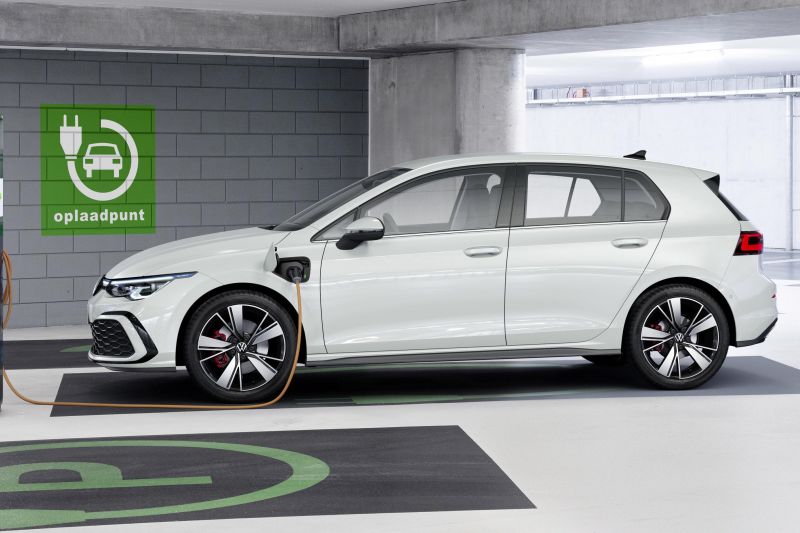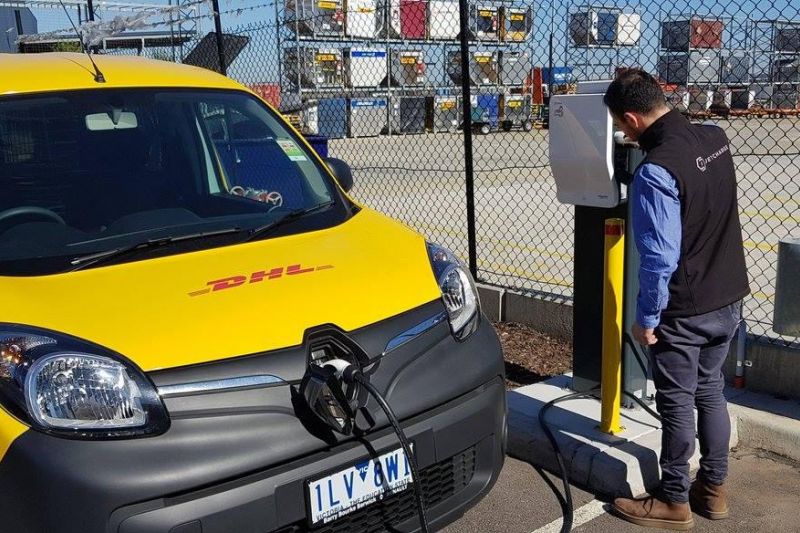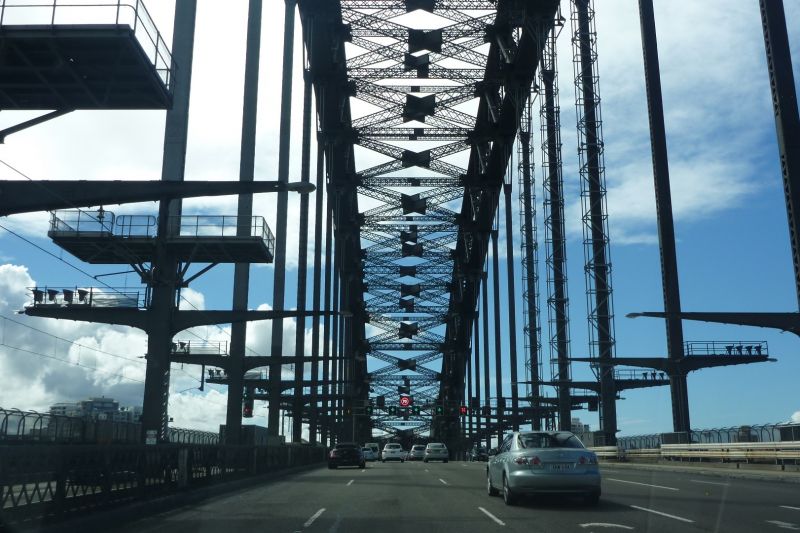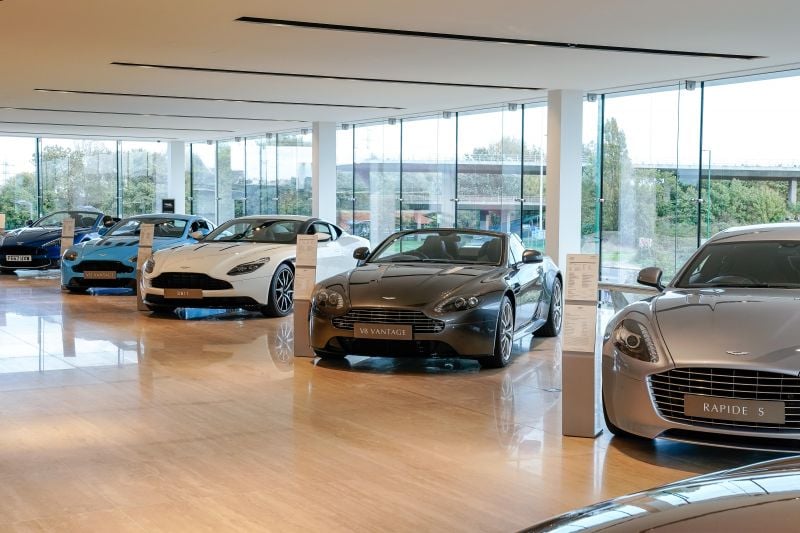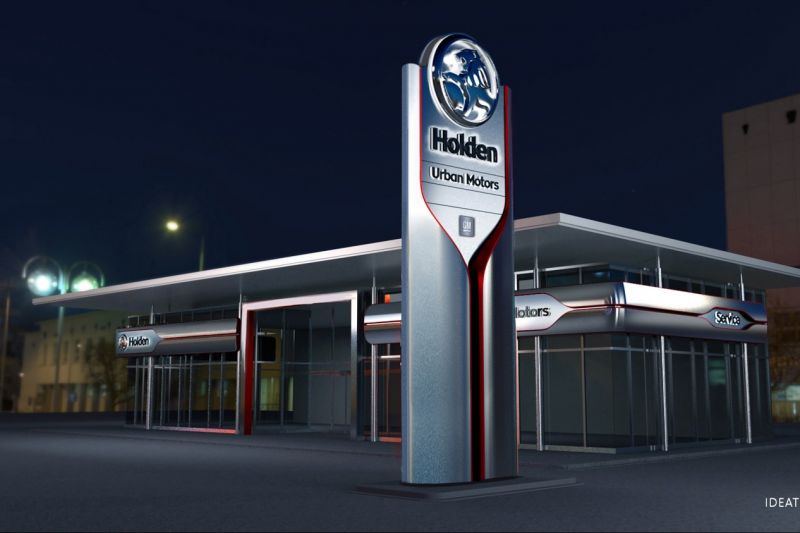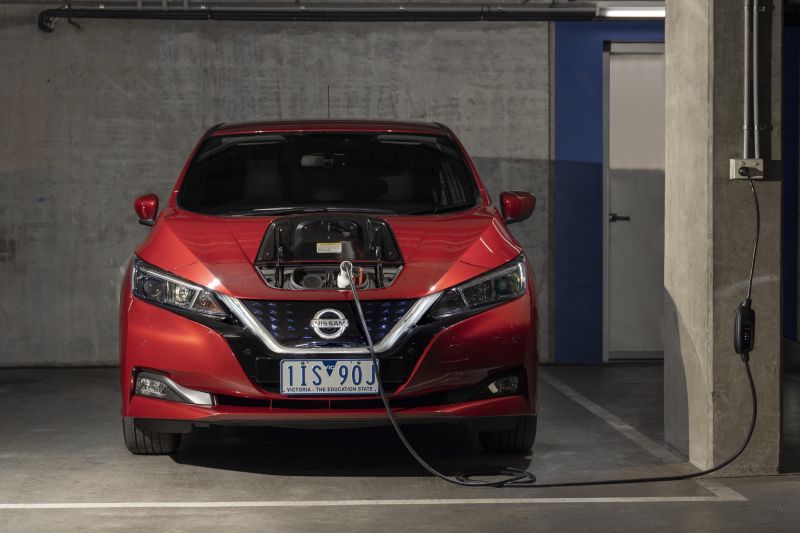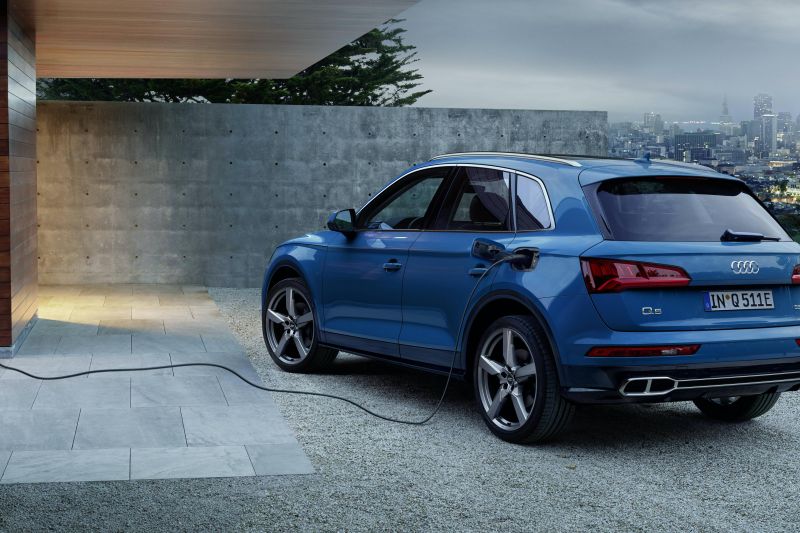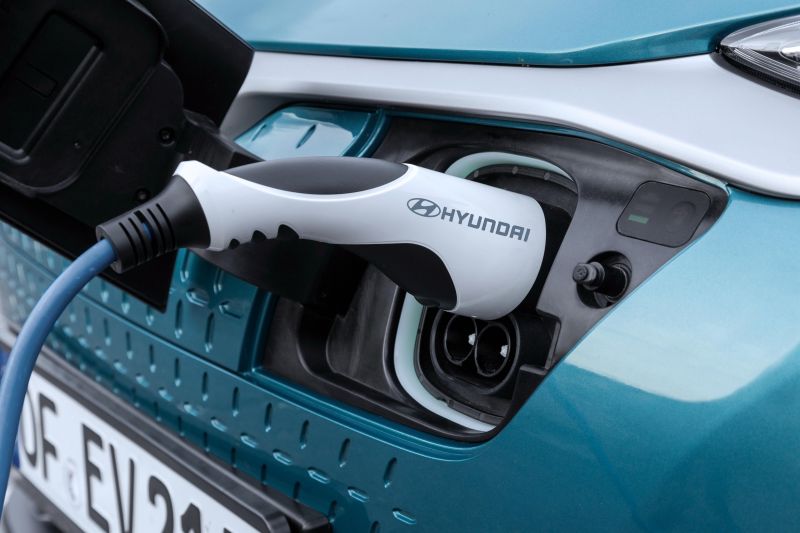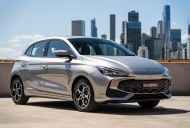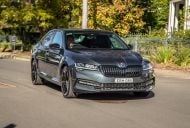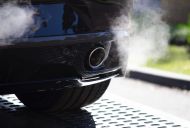This year has been a rollercoaster, with some highs and many, many lows.
Without trying to be too negative, we asked the CarExpert team to come up with their biggest automotive disappointments of 2020.
Let us know if you agree, and tell us your disappointments in the comments section.
James Wong
Australia missing out on the good stuff
Hybrids, plug-in hybrids, EVs, the latest and most efficient petrol and diesel engines, Australia seems to be missing out on more and more of the headline acts particularly from Europe.
I genuinely would consider a Golf GTE, for example, but no bueno.
Additionally, many European brands have been forced to send their cheaper, almost third-world powertrains to Australia due to our sulphurous petrol and lack of emissions targets – which in turn also impacts our spot in the queue for electrified products.
Further to that, now with some state governments proposing PHEV and EV taxes (ludicrous without greater reforms, in my opinion), we’re just going to see this get worse and worse.
Mike Costello
Australia’s lagging EV and emissions framework
I wrote a column on this a few months ago. The lack of a cohesive federal policy to help encourage take-up of EVs has left States to pursue their own policies.
The ACT is offering interest-free loans and free registration on them, whereas South Australia and Victoria want to sting EV drivers with mileage taxes in lieu of fuel excise, thereby actively dis-incentivising nascent green technology.
The stark truth is, compared to Europe, China, Japan, California, and even New Zealand, Australia’s lack of binding CO2 targets for motor vehicles, and general lack of infrastructure and other incentives for greener vehicles, makes us an increasingly marginalised outlier – one that could be self-sufficient in green energy given its geography and weather, if it had the will.
That makes me endlessly frustrated.
Anthony Crawford
The lack of driving skills and road manners of Aussie drivers
Having been blessed with a job that not so long ago took me around the globe to test cars in different countries, I can categorically say Aussie drivers haven’t got a flipping clue.
Where do I start? How about three lanes and three drivers side-by-side doing similar speeds. Forget about turning signals – either completely or three metres before making the turn.
Or there’s the person that sits in the right-hand lane doing 50km/h in a 60km/h zone only to merge across three lanes to the left at the last second, just as the red light appears.
It’s my own view the Highway Patrol has cleverly morphed into the ‘RCF’ – Revenue Collection Force (there are exceptions) – because there is simply no leniency or discretion shown anymore.
In fact, so terrified are most drivers for getting done via patrol cars, red light/speed cameras or camouflaged mobile speed cameras, many drivers are now resorting to going 30km/h in a 40km/h zone, or 60km/h in an 80km/h zone. Go figure.
Alborz Fallah
We still have LCT
All the talk of the free trade agreement with Europe helping us get rid of the Luxury Car Tax has proven as nothing but just that: talk.
Paul Maric
The death of Holden
Holden’s departure from Australia was a massive debacle and it’s incredibly disappointing the brand had to leave Australians with such a sour taste in their mouth.
Derek Fung
The Australian government’s faffing around with EV policy
Given the country’s almost boundless renewable energy resources, it’s almost criminal there’s no coherent climate policy in Australia. If there was one, we could be at the forefront of clean energy technology.
Sadly the government’s feet dragging and wilful ignorance is also flowing through its EV policy, or lack thereof.
Australia will keep missing out on the best plug-in hybrid and full-electric vehicles because other markets with a clear vision, regulations and incentives will always get first dibs on these types of car.
Even the US has a more progressive EV policy.
William Stopford
The costs of being such a small market
I suppose I should be grateful that, despite the relatively small size of the Australian new car market, it’s absolutely teeming with brands other markets miss out on.
Sure, we mightn’t have the likes of Cadillac and Seat but we’ve got brands like Citroen, Peugeot and Skoda even larger markets like the US don’t have.
Perhaps that’s just made me a little spoilt, because I sure feel like whinging about the myriad cars we don’t get.
Perhaps most frustrating is the dearth of plug-in hybrid vehicles here, from mainstream brands in particular, that Europe gets – the Volkswagen Group is the most egregious offender, having a wide variety of models in Europe but none here, not even any at Audi to battle the PHEVs from BMW and Mercedes-Benz.
Blame emissions standards here that are so much more lenient than those in Europe we just get pushed further and further down the priority list. It also means we miss out on electric cars like the Honda E.
We’re still paying the price for having gone with right-hand drive over a century ago. We miss out on numerous models because sales volumes here so rarely justify tooling up a car for right-hand drive, especially if it’s something that other RHD markets like the UK and Japan don’t want.
So that means no Ford F-Series or Dodge Challenger for us, nor do we get any of a vast number of comfortably-sized large crossovers available in North America – I’m thinking of the Subaru Ascent, Volkswagen Atlas, Dodge Durango and Kia Telluride in particular.
Then, of course, there’s the loss of Holden. With only one other RHD market (a smaller one, New Zealand) after the sale of Opel and Vauxhall, there was no motivation from General Motors to retain a full-line, mainstream brand here given our comparatively small sales numbers.
As GM continues to streamline its operations, Holden was unceremoniously kicked to the curb. A logical business decision based on sales volumes? Yes. A disappointing one for consumers and for me personally? Absolutely yes.
Scott Collie
Taxing electric vehicles
Clearly I’m not alone here. The idea of taxing electric vehicles before they’re off the ground in Victoria and South Australia is utter madness.
Want a road tax? Do it properly and reform the way Australia’s roads are funded all at once, with a properly orchestrated approach led by the Federal Government and supported by all the states.
Don’t want to bother with that? Do the bare minimum, follow the rest of the developed world, and give electric vehicles the push they need before trying to cash in.
The ACT has shown the way, it’s time for the rest of Australia to follow.
What’s your biggest disappointment of 2020? Let us know in the comments below
MORE: Car News

